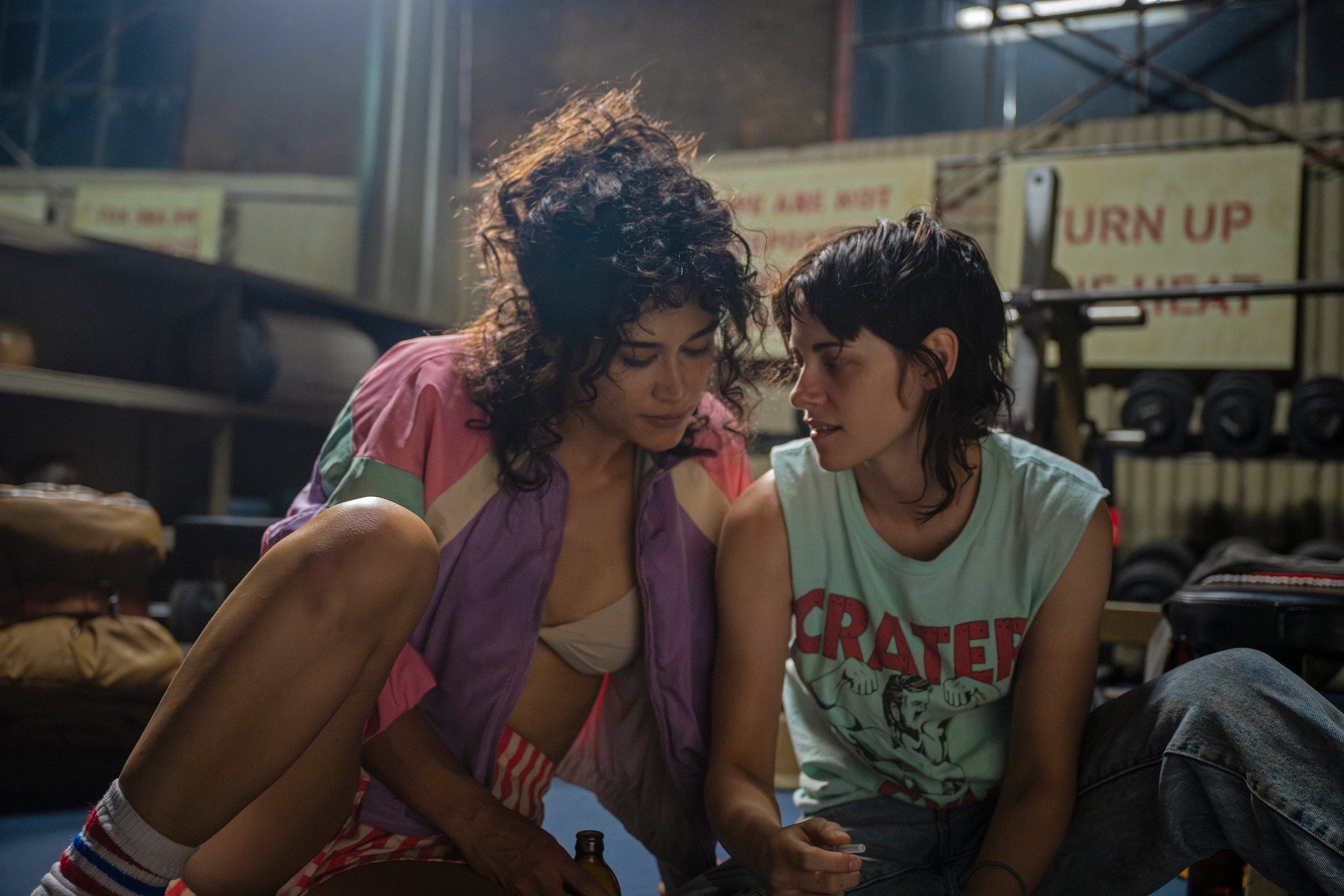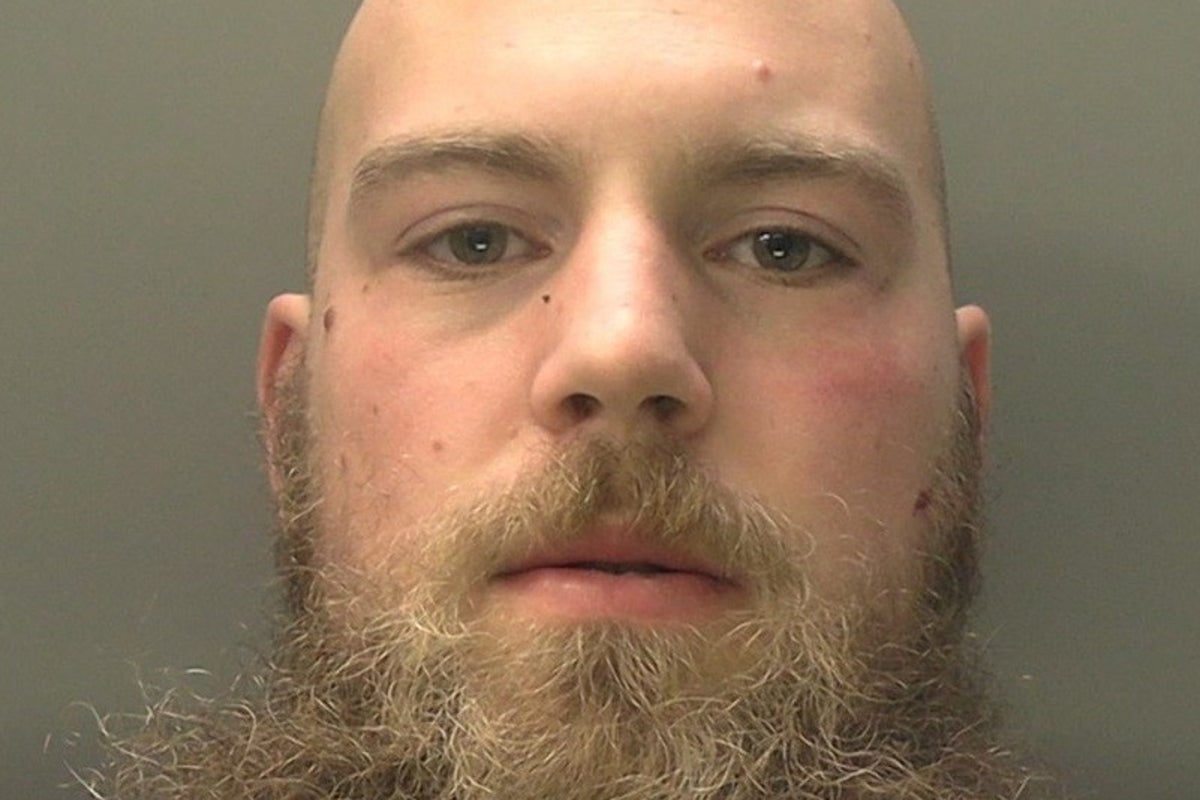Despite hitting a record high in 2022, LGBTQ representation in movies is suffering from a “frustrating and alarming” major decrease.
On Wednesday (11 June), GLAAD (Gay & Lesbian Alliance Against Defamation) published their 13th annual SRI (Studio Responsibility Index), which revealed that, in 2024, LGBTQ-inclusive films declined to 23.6 pet cent among major studio releases. This was down from 27.3 per cent in 2023 and 28.5 per cent in 2022.
The study also found that only two films (less than 1 per cent) featured transgender characters. The previous year, 38 per cent of LGBTQ characters had over 10 minutes of screen, which dropped to 27 per cent in 2025. Meanwhile, 37 per cent of LGBTQ characters had less than one minute of screen time.
Nick Adams, Vice President of GLAAD Media Institute, accentuated the importance of transgender visibility, stating: “It is frustrating and alarming to see the continued near invisibility of transgender characters in films from major studio distributors, and even more alarming to see cisgender men cast to play transgender women and the inauthentic storytelling in the films in this year’s study.”
Adams added: “At a time when transgender people are under attack on many fronts, both the lack of representation and offensive caricatures of trans people cause real harm.”
The year 2023 had seen a growth in LGBTQ racial diversity, with a representation of 46 per cent, but this year, they make up just 36 per cent of all LGBTQ characters – the lowest it has been since 2019.

The SRI also revealed that none of the 250 films that were tracked featured LGBTQ characters living with HIV, emphasasing a consistent absence of this key health and identity narrative. GLAAD President & CEO Sarah Kate Ellis described these findings as “a wake-up call”.
“At a time when LGBTQ people are facing unprecedented attacks in politics and news media, film must be a space for visibility and truth,” Ellis said. “Representation isn’t about checking a box – it’s about whose stories get told, whose lives are valued, and creating worlds that mirror our own society today.
“When done authentically, LGBTQ representation builds audience and buzz, while humanising LGBTQ people as those in power are actively working to take away our humanity.”

Watch Apple TV+ free for 7 day
New subscribers only. £8.99/mo. after free trial. Plan auto-renews until cancelled.
Try for free
ADVERTISEMENT. If you sign up to this service we will earn commission. This revenue helps to fund journalism across The Independent.

Watch Apple TV+ free for 7 day
New subscribers only. £8.99/mo. after free trial. Plan auto-renews until cancelled.
Try for free
ADVERTISEMENT. If you sign up to this service we will earn commission. This revenue helps to fund journalism across The Independent.
A welcome stat surrounded gender parity – for the first time in five years, LGBTQ women characters reached 50 per cent, with men at 48 per cent and a 2 per cent depiction of nonbinary people.
The GLAAD examined the releases from 10 studios, with A24 the only one to receive a “good” rating. The studio registered the highest percentage of LGBTQ inclusive films (56 per cent), thanks to films including Luca Guadagnino’s Queer, starring Daniel Craig, and Love Lies Bleeding, the romantic thriller directed by Rose Glass.

Among the 2024 film releases that met the test’s criteria are Love Lies Bleeding (A24), Problemista (A24), My Old Ass (Amazon), Drive-Away Dolls (NBCUniversal)and Mean Girls (Paramount Pictures).
Others included Fancy Dance (Apple TV+), Good Grief (Netflix), Rez Ball (Netflix), Sweethearts (Warner Bros. Discovery), Housekeeping for Beginners (NBCUniversal), The Radleys (Lionsgate), Ricky Stanicky (Amazon), Between the Temples (Sony Pictures Entertainment) and Prom Dates (The Walt Disney Company).
The entertainment industry has a responsibility to guarantee diverse representation on screen, ensuring that inclusive storytelling remains the norm, not the exception.



